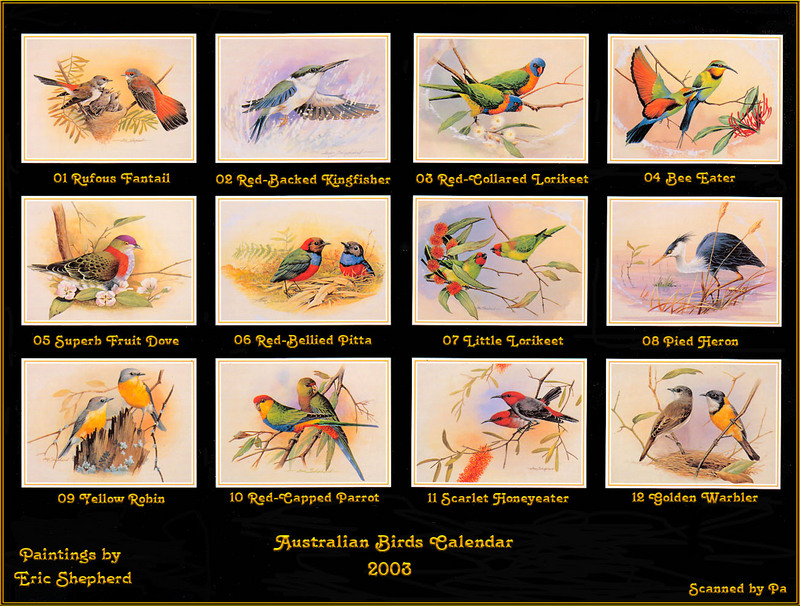|
| Query: bird | Result: 9275th of 32685 | |
[Eric Shepherd's Australian Birds Calendar 2003] Index
| Subject: | [Eric Shepherd's Australian Birds Calendar 2003] Index
| | Poster: | funny (from@funny.animal.photos)
| |

| Resolution: 1311x993
File Size: 335570 Bytes
Upload Date: 2006:04:05 22:34:30
|
ERROR : Server Busy(-1105)
ERROR : Server Busy(-1105)
[Eric Shepherd's Australian Birds Calendar 2003] Index |
^o^
Animal Pictures Archive for smart phones
^o^
|
|